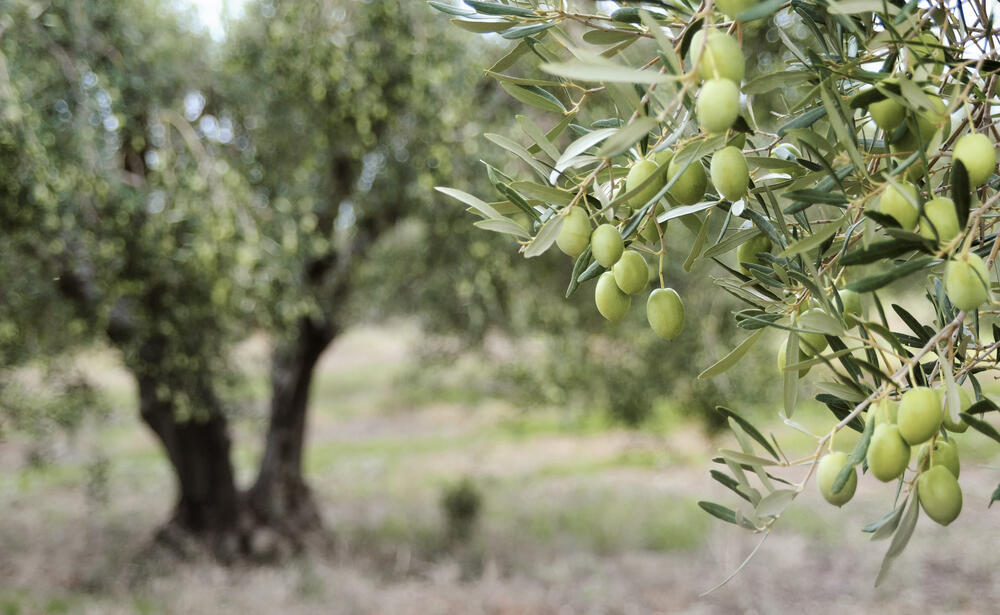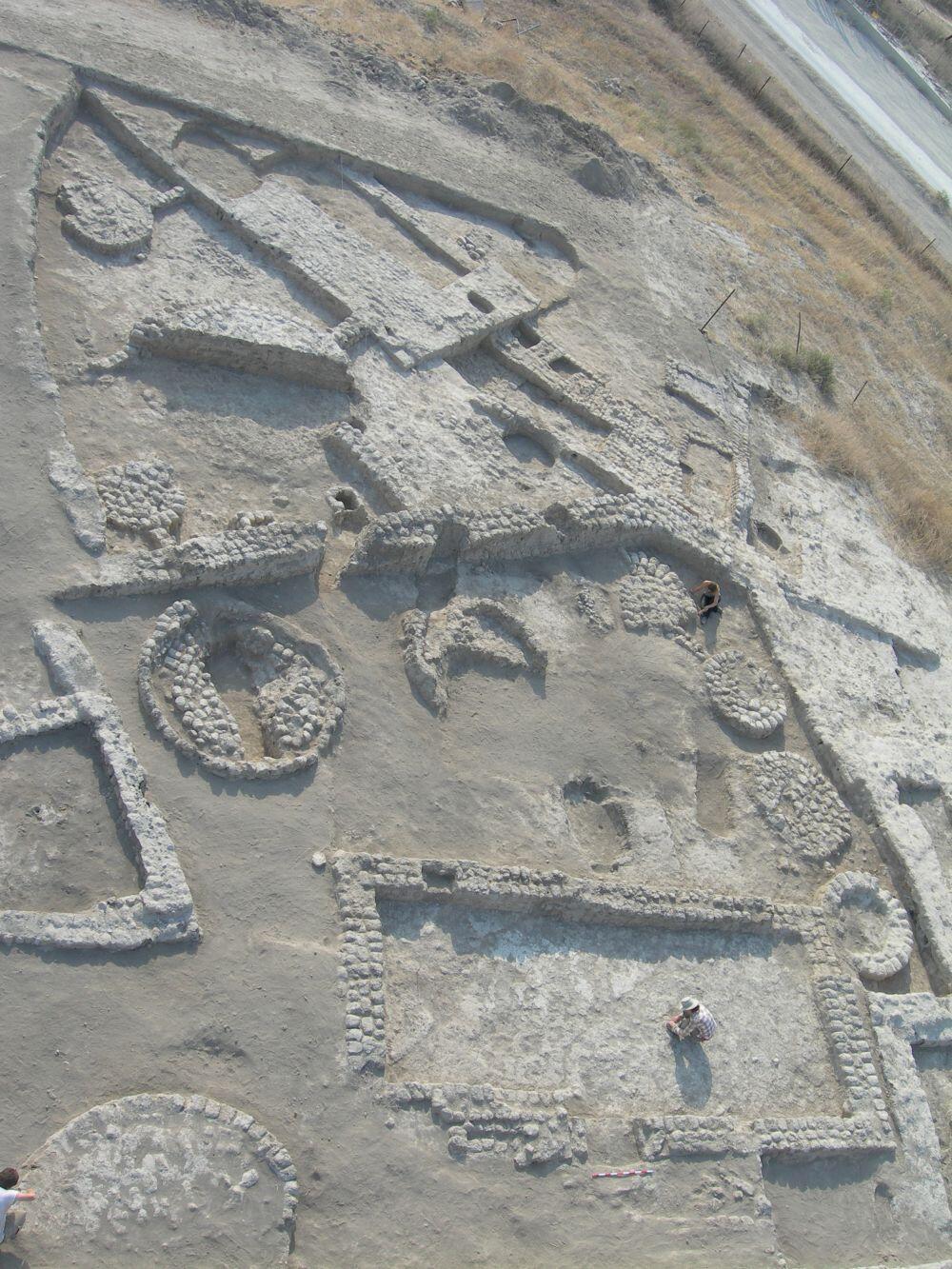Getting your Trinity Audio player ready...
Researchers at Tel Aviv University and the Hebrew University found the earliest evidence for the domestication of a fruit tree, proving the olive was planted intentionally about 7,000 years ago.
The study analyzed remnants of charcoal from the Chalcolithic site of Tel Zaf in the Jordan Valley, proving they came from olive trees, which did not grow there naturally, according to the Tel Aviv University press release.
"This means that someone brought them there intentionally – took the knowledge and the plant itself to a place that is outside its natural habitat. In archaeobotany, this is considered indisputable proof of domestication, which means that we have here the earliest evidence of the olive's domestication anywhere in the world,” explained Dr. Dafna Langgut of the Jacob M. Alkow Department of Archaeology & Ancient Near Eastern Cultures and the Steinhardt Museum of Natural History at Tel Aviv University, who led the study.
The scientist added that many remnants of young fig branches were also identified that resulted from pruning, a method still used today to increase the yield of fruit trees. The charcoal remnants were found in the archaeological excavation directed by Prof. Yosef Garfinkel of the Institute of Archaeology at the Hebrew University.
year-old
"Tel Zaf was a large prehistoric village in the central Jordan Valley south of Beit She'an, inhabited between 7,200 and 6,700 years ago. Large houses with courtyards were discovered at the site, each with several granaries for storing crops,” Garfinkel said.
Researchers noted that it was not surprising that the inhabitants of Tel Zaf were the first in the world to intentionally grow olive and fig groves, since growing fruit trees is evidence of luxury, and this site has been known as “exceptionally wealthy.”
Earlier in June, archaeologists from the Israel Antiquities Authority (IAA) unearthed a 2,100-year-old agricultural farmstead in northern Israel's Galilee region. According to researchers, it was the first time remains from the period were found in Galilee.



